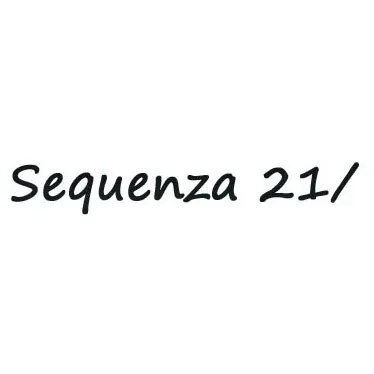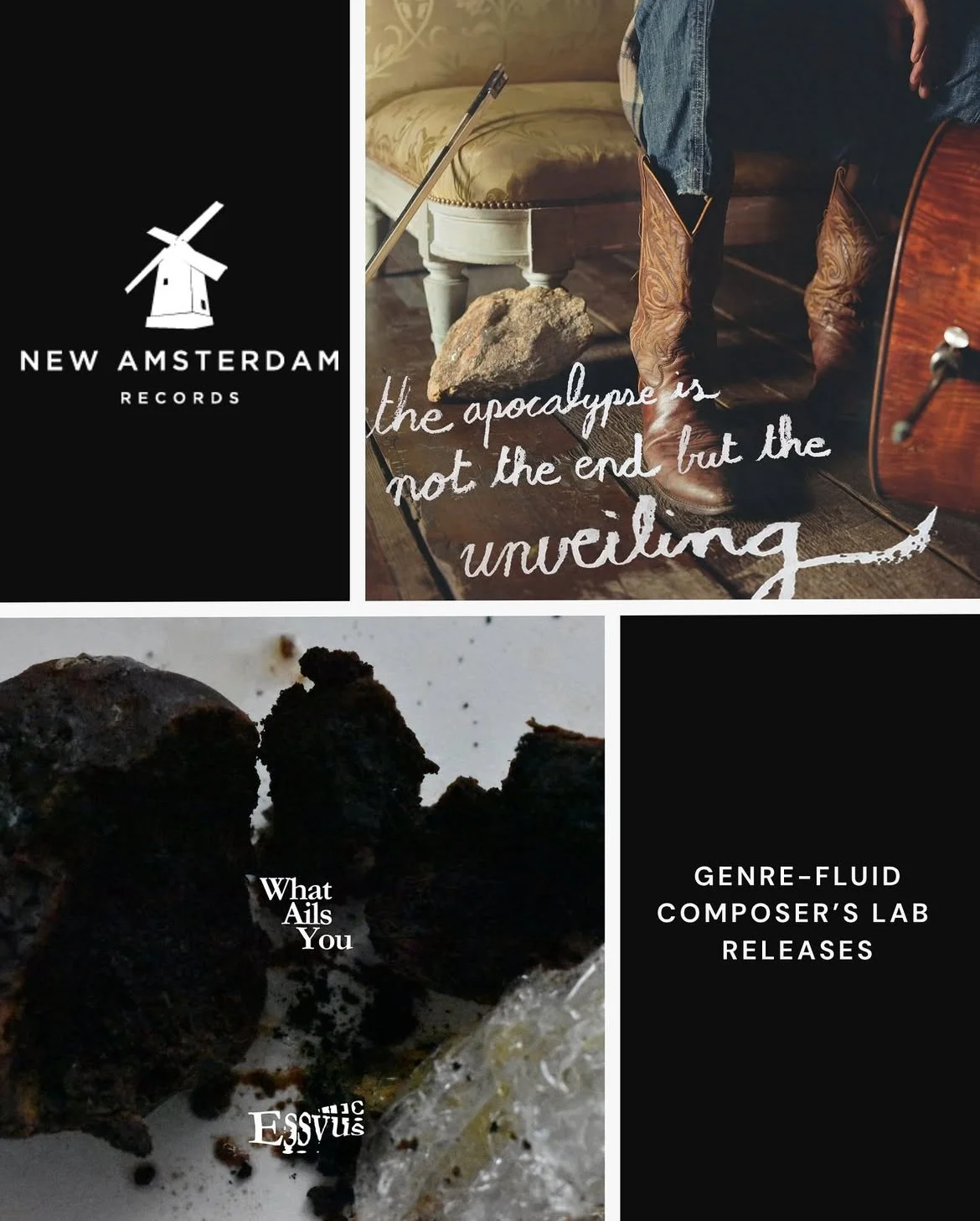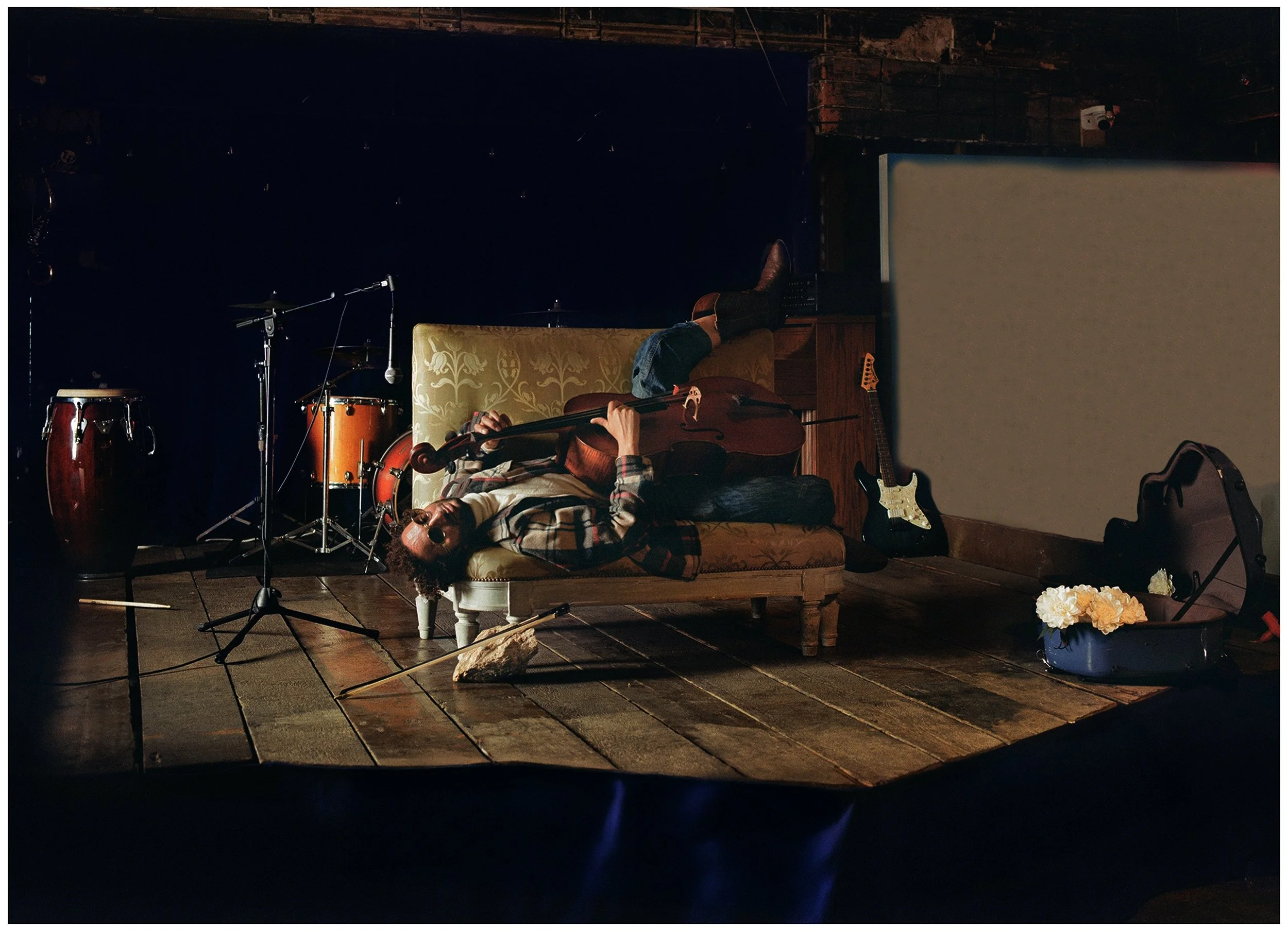Zeelie Brown — the apocalypse is not the end but the unveiling
Zeelie Brown
the apocalypse is not the end but the unveiling
Release date: December 5, 2025
On Friday, December 5, 2025, New Amsterdam Records releases the debut album, the apocalypse is not the end but the unveiling, by alumni of the New Amsterdam Genre-Fluid Composers Lab, Zeelie Brown.
On the apocalypse is not the end but the unveiling, Zeelie Brown offers a clear eyed view of the modern American landscape through a series of compositions that highlight the communities, environments, and people affected by the mechanics of colonialism. With compositions ranging from solo cello to ghostly vocals and infectious West African rhythms, Brown offers his take on the blues with all of its intricacies and struggles. The songs on the apocalypse is not the end but the unveiling are imbued with a softness and sense of radical openness which remind the listener that warmth and care coexist within the struggle itself.
This dynamic release is a part of an exciting new initiative of the Composers Lab, an educational and community-building space developed by NewAm in 2017 that has included over 140 participants from 12 countries and over 20 states in both its online and in-person activities. while a number of lab alumni have released albums with NewAm before, this initiative is an effort to broaden NewAm’s support for early career artists, addressing the growing need for outlets of representation in the shrinking infrastructure for independent, vision-centered music.
With this new series, New Amsterdam opens a new pathway for much-needed support and exposure to vital new voices within our community. now more than ever, professionally released and promoted recordings are key to building sustainable careers for artists creating visionary projects that cannot be accommodated by a genre-based musical infrastructure.
-
About the apocalypse is not the end but the unveiling
On the apocalypse is not the end but the unveiling, composer and cellist Zeelie Brown offers a clear eyed view of the modern American landscape through a series of compositions that highlight the communities, environments, and people affected by the mechanics of colonialism. With compositions ranging from solo cello to ghostly vocals and infectious West African rhythms, Brown offers his take on the blues with all of its intricacies and struggles. The songs on the apocalypse is not the end but the unveiling are imbued with a softness and sense of radical openness which remind the listener that warmth and care coexist within the struggle itself.
“This is a Blues record” says Brown, “the Blues is really the American social fabric. It is the thing that ties together this country. Everybody has the blues, it's in the Norteño backbeat—I know it sounds like polka, but listen to that backbeat and it's the blues—it’s in the Beach Boys, it's in Jazz. The Blues is that Mandinka, Congo, West African gift to the world that allowed all of these ideas to conceal together.” Brown points towards the Blues within club music harkening back to Paradise Garage and the influence of club culture on LGBT communities, and places the struggles during the AIDS epidemic in deep contrast with alternative social structures present within these affected communities: “The black queer sound is so liberatory that the life of white supremacy cannot live in its wake.”
“There’s so much that happened to cancel Black wealth, and I want to rebuild it" sits as the central theme of album opener “let go, let god.” Through candid spoken word overtop a backdrop of lighthearted percussion, humming voices, and strings, Brown offers a short history lesson on the loss of land given to Black farmers between 1910 and 2010. “I want to live in a world where you own what you care for, so this album is a prayer for anybody looking at injustice and just needing the inspiration to stand up and fight.”
The ghostly, infectious harmonic loop of “gossamer” lays the groundwork for Brown’s soft falsetto to soar through lyrics about fresh love. “I was really inspired by this person I met at a retreat, and I just had a really good thing with them. I had a feeling of just wanting to bring them coffee every morning, like my grandmother used to do for my grandfather.” Brown’s emotive vocal performance circles back to the themes of radical vulnerability embedded on the record.
“I pray for this country” is a short interlude featuring another spoken word overtop a hymnal piano which speaks to the environmental devastation happening within capitalist structures. Brown explains how, to sing the blues, one needs to “feel the weight of everything on you and barely be able to get anything out right. You have to fight to sing the blues.”
Brown’s solo cello performances on “Interlude one” and "Interlude two” pay homage to the long standing tradition of solo cello literature from an improvised perspective. Brown elaborates “What I love about the cello is that it can be a symphonic instrument all by itself. The cello can cover the entire range of the orchestra and suggest counterpoint, layers, harmony, as well as my love for African traditions, rhythms, and vocal inflections.”
The dreamlike, decaying environments conjured on “maché (for nathou)” were written for a ceramics show centered around Haiti and the issues that it faces around homecoming and the inability to go home. Brown explains “I really wanted to put in the feeling of decay, because the capitalist system would not function without the cotton of the Gulf South, it wouldn’t function without the sugar from the Caribbean that went through the Gulf South, it wouldn't function without the bananas right off the Cavendish estate coup to take over a couple Central American countries, and turn them into plantations. The music speaks to the fracture of lives that we're in now, and that's the portrait I was trying to paint.”
The infectious West African drumming and shifting harmonies of “Mbele” lay the foundation for lyrics inspired by Lizania Cruz’s Obituaries of The American Dream. “Cruz sent out a call asking ‘when did your American dream die?’ and I said 'on an auction block in Virginia Beach in 1850’.” explains Brown. “Lizania thought that it was a very powerful response and she wanted me to write a track to go along with it.” On the track, Brown asks the listener to ponder the meaning of rage and revolution. “Understanding that rage and revolution can be a divine act and that revolution can be a form of divinity. Understanding that sometimes there is the necessity of bloodshed and conflict—some things can be done non-violently, some things can't—andjust understanding that all of the time. Violence is a tool but not the end, and that we live under a regime of deep violence in life.”
Album closer “Farewell (love you Dre)” is a short and serene landing spot meant to help “a friend going through it.” Its longing keyboard notes offer a place of solace and a moment to breathe before continuing the fight. Brown reminds us that “we’re okay if we want to be.”
-
Tracklist and Credits
let go, let god ft. YATTA
gossamer
i pray for this country
interlude one
maché (for nathou)
in the waters between life and death
interlude two
mbele
farewell (love you dre)
Performed & produced by: Zeelie Brown
Additional vocals by: YATTA
Mixing & additional production by: Carlos Hernandez
Mastered by: Gravesend Records





